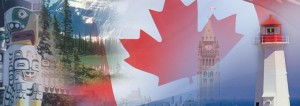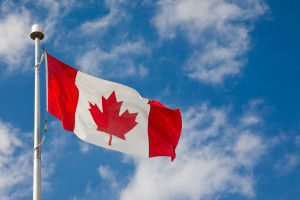 Canadian media and arts are a source of great pride for Canadians. Many Canadian artists, writers, directors and musicians have become world famous for their contributions. A number of Canadian creative and performance artists have easily ranked at the levels of those from the United States. In fact, it is very common for the public to believe a star or creative talent is from the United States when they are actually from Canada.
Canadian media and arts are a source of great pride for Canadians. Many Canadian artists, writers, directors and musicians have become world famous for their contributions. A number of Canadian creative and performance artists have easily ranked at the levels of those from the United States. In fact, it is very common for the public to believe a star or creative talent is from the United States when they are actually from Canada.
In the film industry, Canadians are excelling and closely gaining on the film studios and talents of the United States. Film rights in Canada are very cheap as compared to the lower mainland, so many film studios film in Canada. A number of well known directors and film producers are matriculating from Canada to Hollywood. As for actors, Hollywood is full of celebrities who come from the Great White North, such as Jim Carrey, Ryan Gosling, Seth Rogen and Ryan Reynolds. The Canadian film industry has a ways to go before it can be compared to the super power of the film industry, Hollywood, but it is rising in influence every day.
The music industry is another place you are likely to find talented and famous Canadians. Canadian music has a much longer history than Canadian films and recognizable songs can be dated back to the 1800’s. Modern musical talent coming out of Canada includes names like Alanis Morisette, Avril Lavigne, Justin Bieber, Drake, Sarah McLachlan, Michael Buble, Shania Twain, Celine Dion and Bryan Adams. More historical Canadian musicians include Neil Young, Leonard Cohen, Gordon Lightfoot and Joni Mitchell.
Even the writers emerging from Canada are noteworthy. Margaret Atwood is a beloved Canadian writer who has received the Booker Prize for fiction on numerous accounts. Canadian writer Michael Ondaatje won the Booker Prize for The English Patient, which was adapted into an academy award winning film. The creative talent that emerges from Canada is impressive and will no doubt continue to grow and flourish.


